In leather jackets, the material used plays a best role in quality and durability. Genuine leather jackets are crafted from natural leather, which offers a unique look, feel, and longevity that artificial alternatives can’t match. Leather jacket is a natural material used for creating various products, including jackets. The market is crowded with artificial leather jackets sold as real, making it challenging to distinguish genuine leather from fake.
Here's a detailed guide to help you confidently identify and distinguish a real leather jacket from fake ones:
Differences Between Real and Fake Leather Jackets
When choosing a leather jacket, it's essential to know how to differentiate between genuine and fake leather. Here are some key differences to consider:
1. Material
Genuine leather is made from real animal hides, giving it a natural look and feel. In contrast, fake leather is crafted from artificial materials like plastic or polyurethane, which do not have the same authentic characteristics.
2. Durability
Real leather is known for its longevity and can last a lifetime with proper care. Fake leather, however, is generally less durable and may start to show signs of wear and tear over time.
3. Texture
Real leather features a unique, natural grain pattern with slight variations in texture. Fake leather, on the other hand, has a uniform texture that lacks the natural imperfections and character of genuine leather.
4. Price
Genuine leather jackets are typically more expensive due to the cost of the material and the craftsmanship involved. Fake leather jackets are usually more affordable, but this lower price often reflects their synthetic nature.
5. Sustainability
Real leather can be eco-friendly if sourced responsibly, as it is a natural product. Fake leather, often made from synthetic materials, may not be as environmentally friendly and can contribute to pollution.
9 Foolproof Ways to Identify Genuine Leather Jacket
1. Check the Price Tag
One of the most apparent differences between genuine and synthetic leather jackets is the price. A real leather jacket typically costs much more than a synthetic one. If you find a leather jacket at a very low price, it is likely synthetic. Remember, genuine leather is a valuable material, so its price reflects its quality.
2. Touch and Feel
The texture and feel of leather are key indicators of authenticity. Real leather feels warm, slightly smooth, and flexible, while fake leather is often very smooth, plasticky, or cold. Visiting reputable stores to compare real and synthetic leather can help you recognize these differences more easily.
3. Check the Texture Pattern
Leather texture patterns can indicate authenticity. Fake leather usually has a uniform texture, while real leather features unique, uneven patterns with natural imperfections. Genuine leather jackets often have a distressed look with visible grains, adding to their character and authenticity.
4. Smell the Leather
The smell of leather is another reliable indicator. Real leather has a distinct, natural, and organic smell that is hard to replicate. On the other hand, fake leather smells like chemicals or plastic. Once you become familiar with the smell of real leather, it becomes easy to identify it in the future.
5. Water Absorbance Test
Real leather absorbs water and forms dark patches due to its porous nature. If the water stays on the surface, it’s likely fake. Another indicator is the natural scent of real leather compared to the synthetic smell of fake alternatives.
6. Check the Edges
The edges of leather products can also help you determine their authenticity. Real leather has rough, coarse edges that look natural, while fake leather has smooth, perfect edges. Some manufacturers may try to smooth out the edges of real leather, but the natural roughness is still noticeable upon close inspection.
7. Fire Test
The fire test, which should only be done on your own leather item, involves lightly burning a small edge. Real leather burns slightly without a plastic smell, while fake leather emits a strong plastic odor and melts. This test is more for educational purposes and not recommended for regular buyers.
8. Bend Comparison
Bending the leather can reveal differences between real and fake materials. When you bend real leather, it shows variations in color and pores. Fake leather, on the other hand, tends to be less elastic, more uniform, and wrinkles easily. Real leather is more flexible and will not break easily, unlike synthetic leather, which may stretch and tear.
9. Weight Check
The weight of the leather is another easy way to identify its authenticity. Real leather, such as lambskin or cowhide, is heavier than synthetic leather. The weight difference is significant enough to notice, and real leather also tends to feel more substantial and robust.
Conclusion
These simple tricks can help you identify real or fake leather. Real leather is durable, expensive, and a worthwhile investment, providing warmth and comfort. In contrast, synthetic leather is cheaper and less durable. Investing in a genuine leather jacket ensures long-term use and superior quality.
Explore Marco Enzolani’s best-selling leather jacket collection for authentic options.
FAQs
- What should I look for when buying a leather jacket?
When buying a leather jacket, consider the type of leather, the quality of accessories like snaps, buttons, and zippers, and the inner lining, which affects warmth.
- How can you tell the quality of leather?
You can identify good leather by touching it. High-quality leather feels grainy and smooth, while cheaper leather lacks this premium feel. Experience with different leather qualities will help you distinguish them better.
- Are expensive leather jackets worth it?
Yes, expensive leather jackets made from materials like lambskin, calfskin, or cowhide are worth the investment. They can last a lifetime with proper care and provide warmth and style.
- How do you break in a leather jacket?
To break in a leather jacket naturally, wear it regularly as part of your everyday outfit. To speed up the process, wear it often, even if it feels uncomfortable at first.
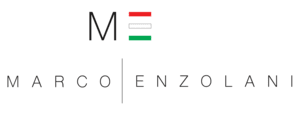

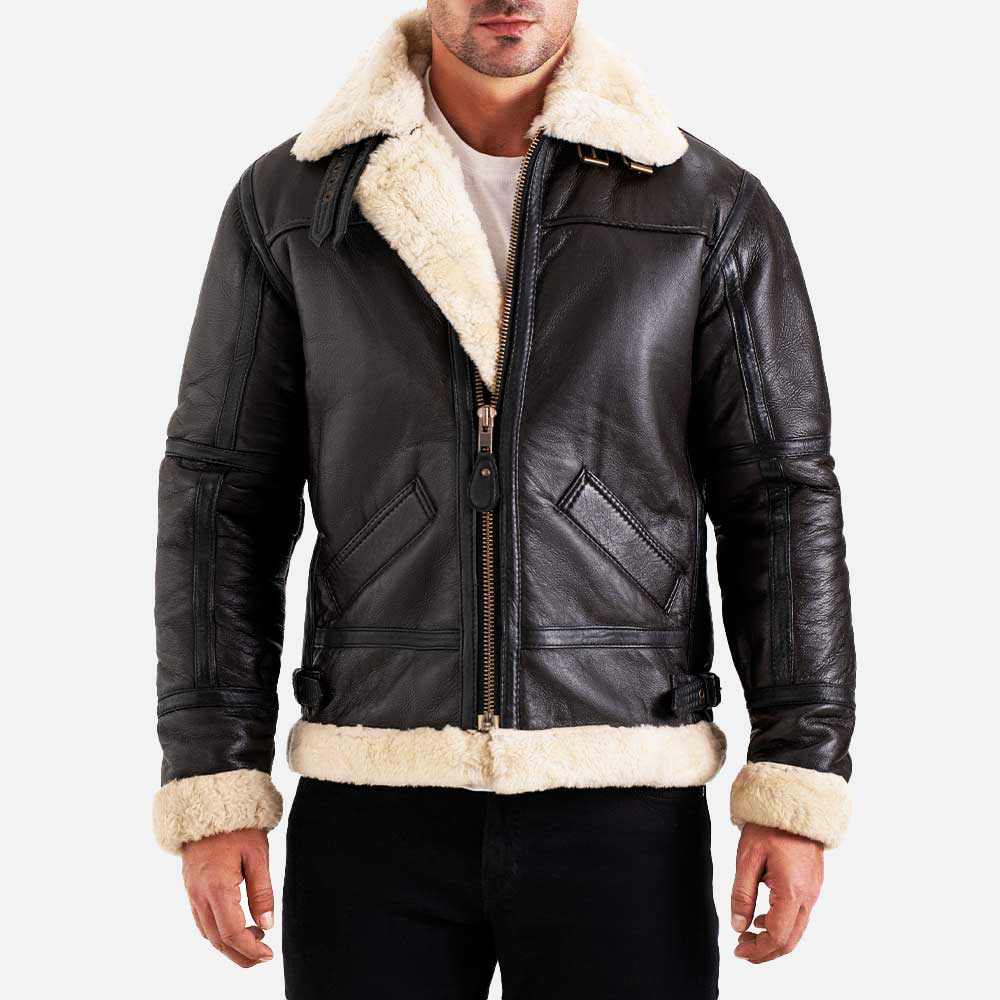
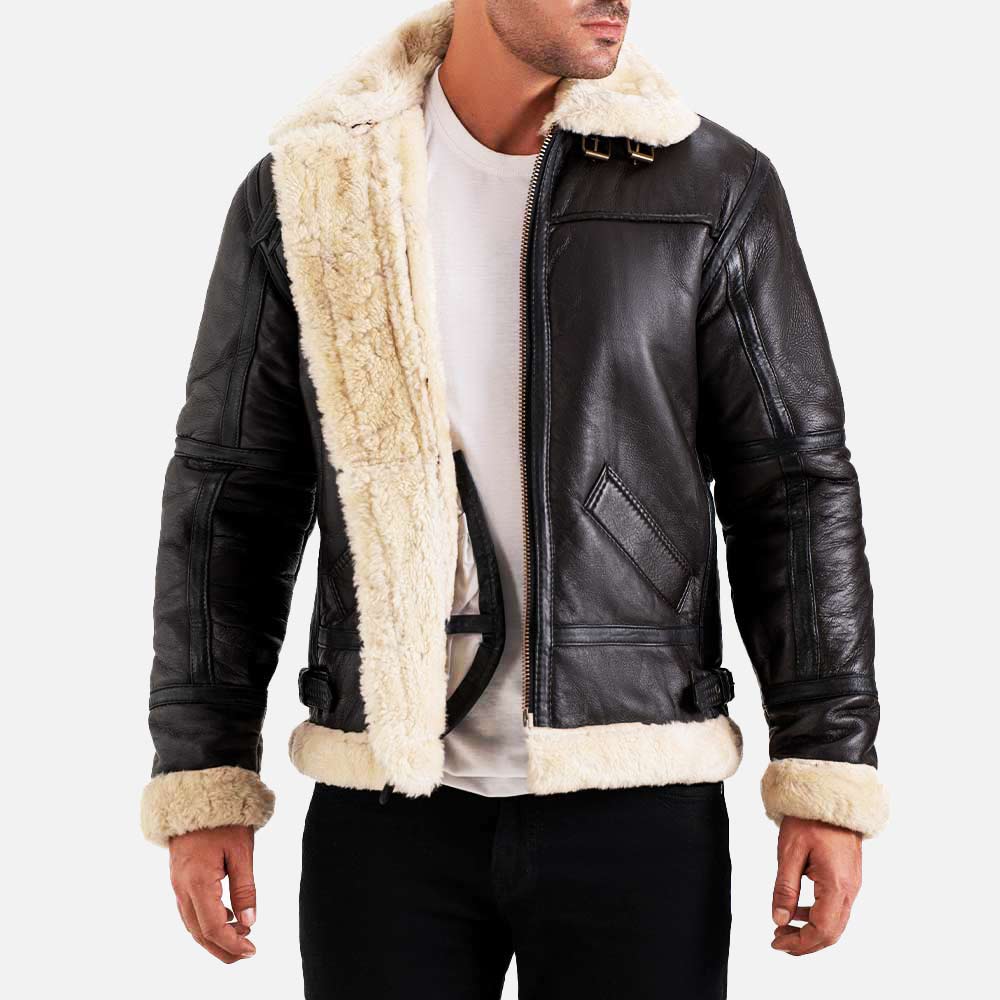
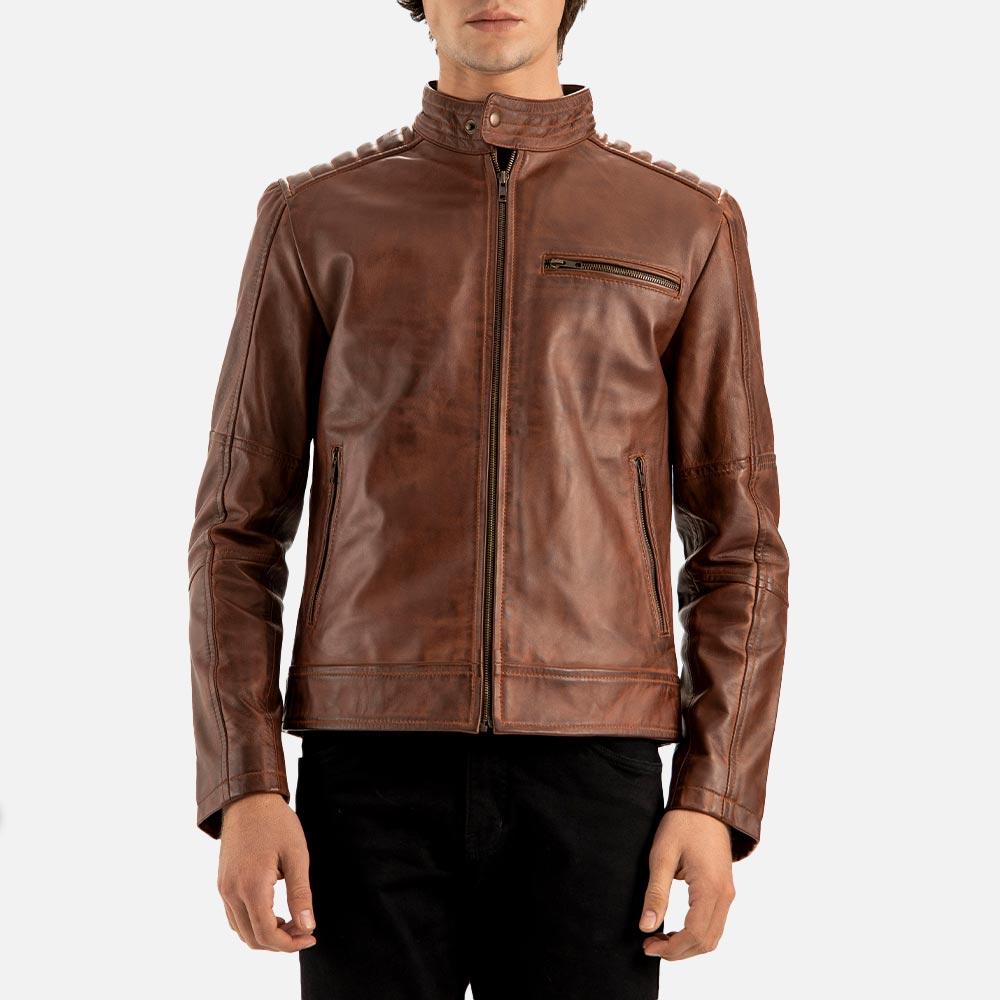
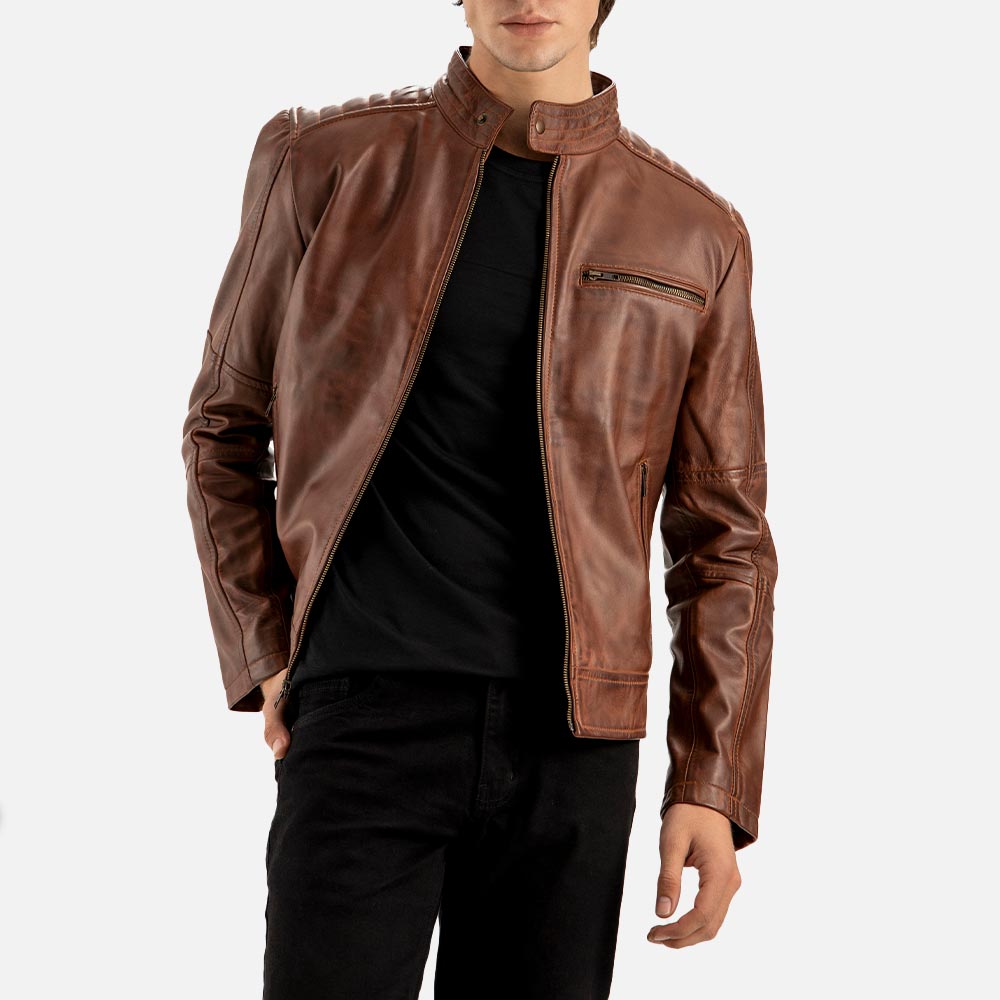
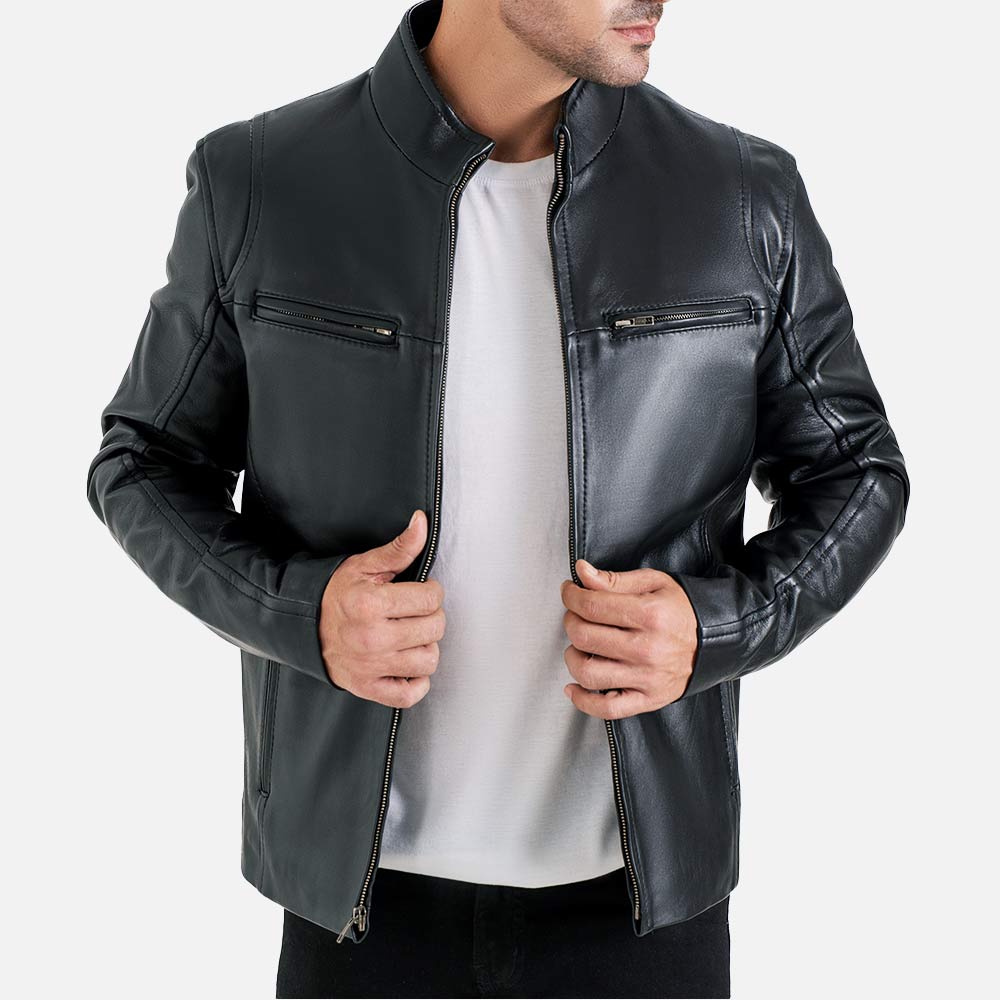
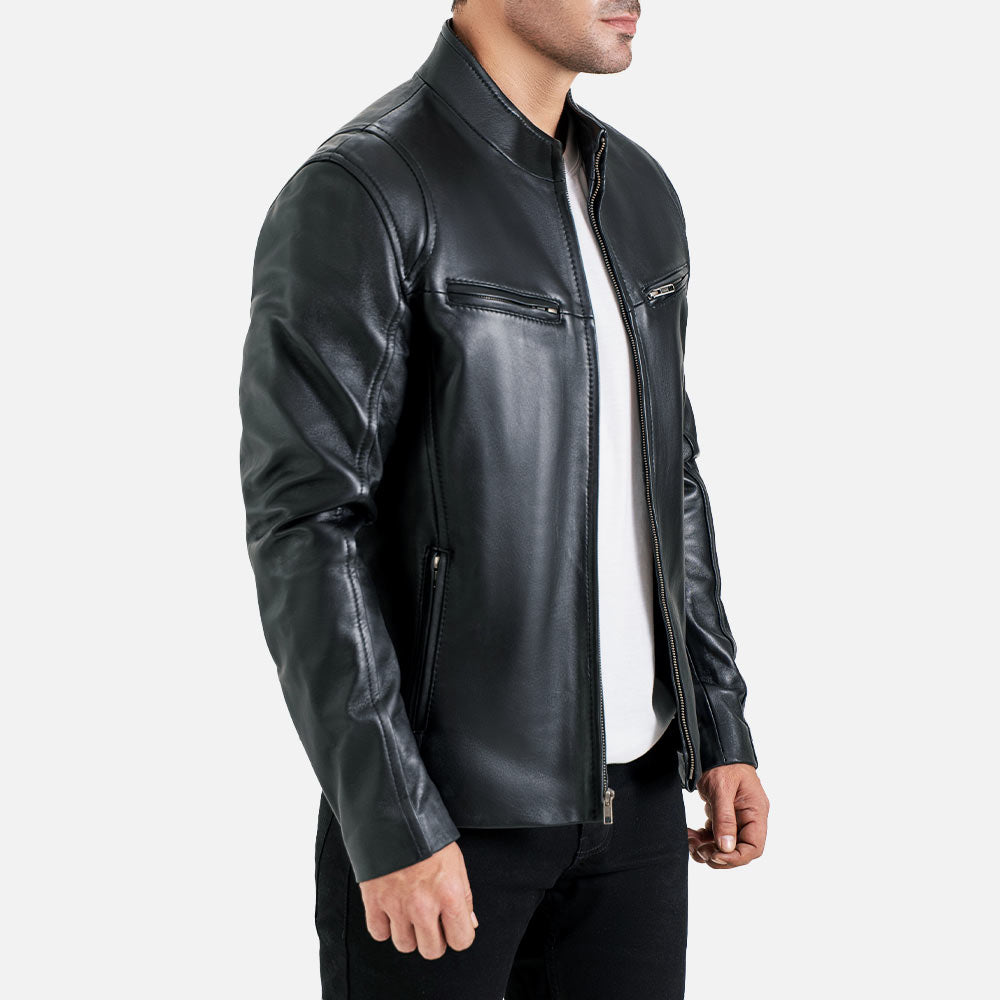
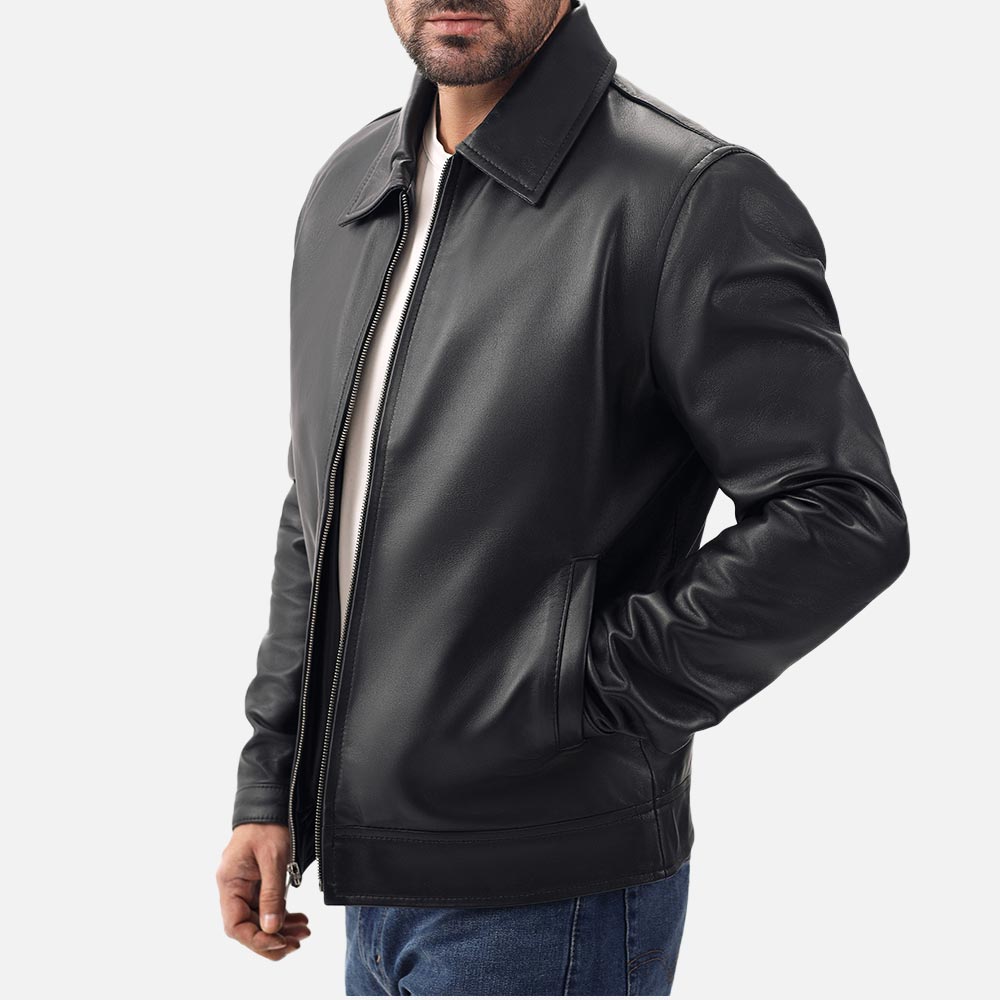
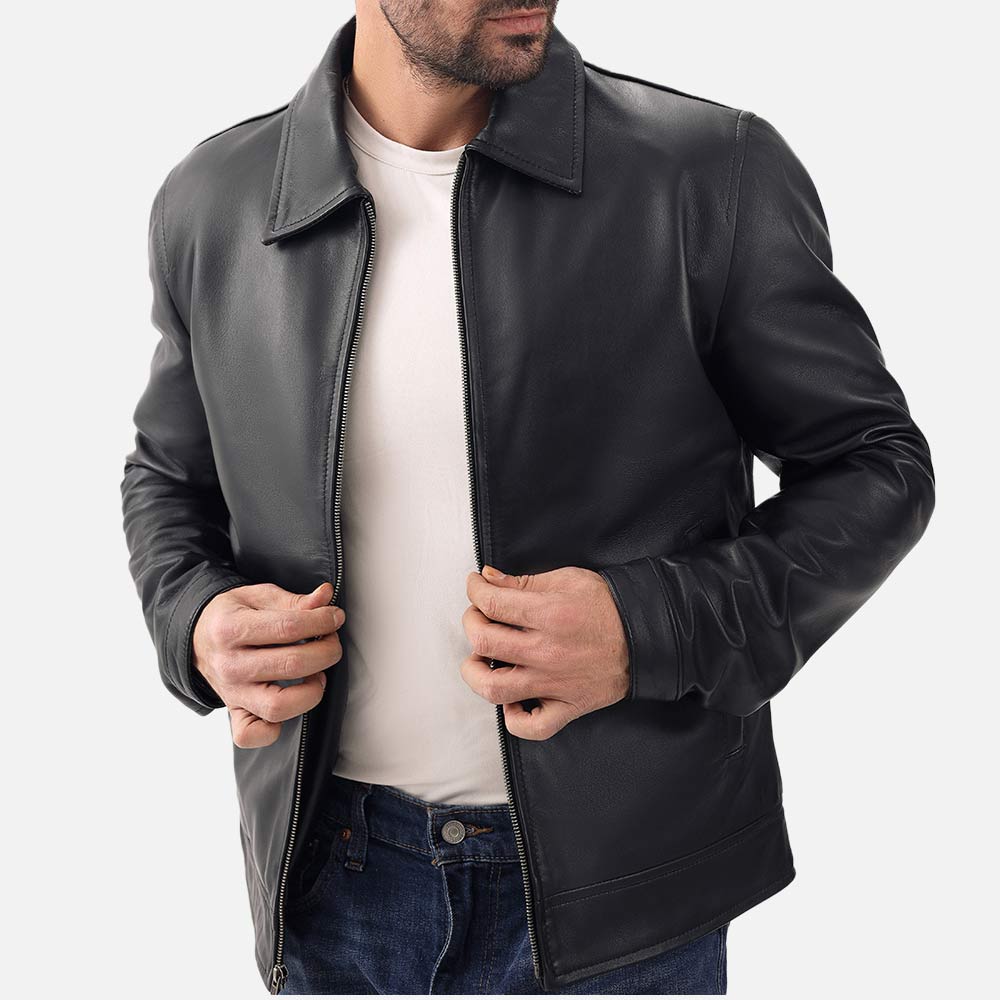
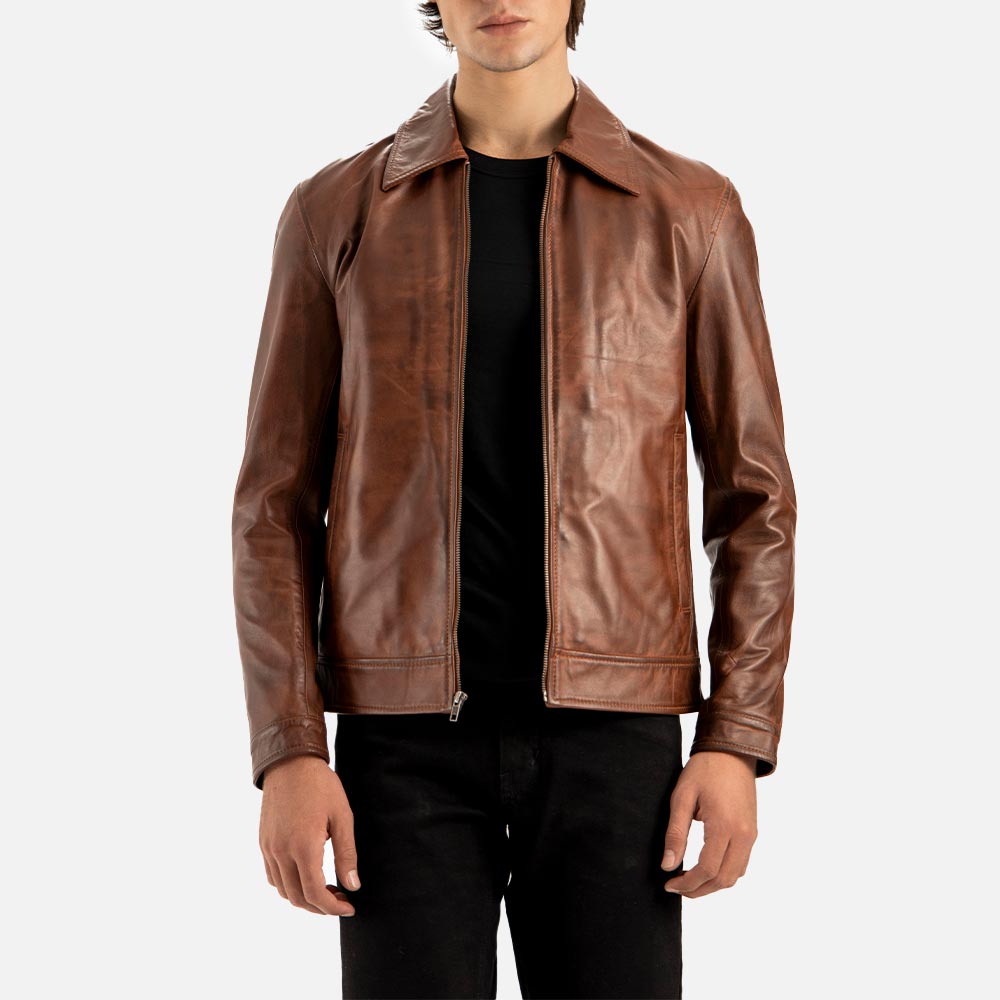
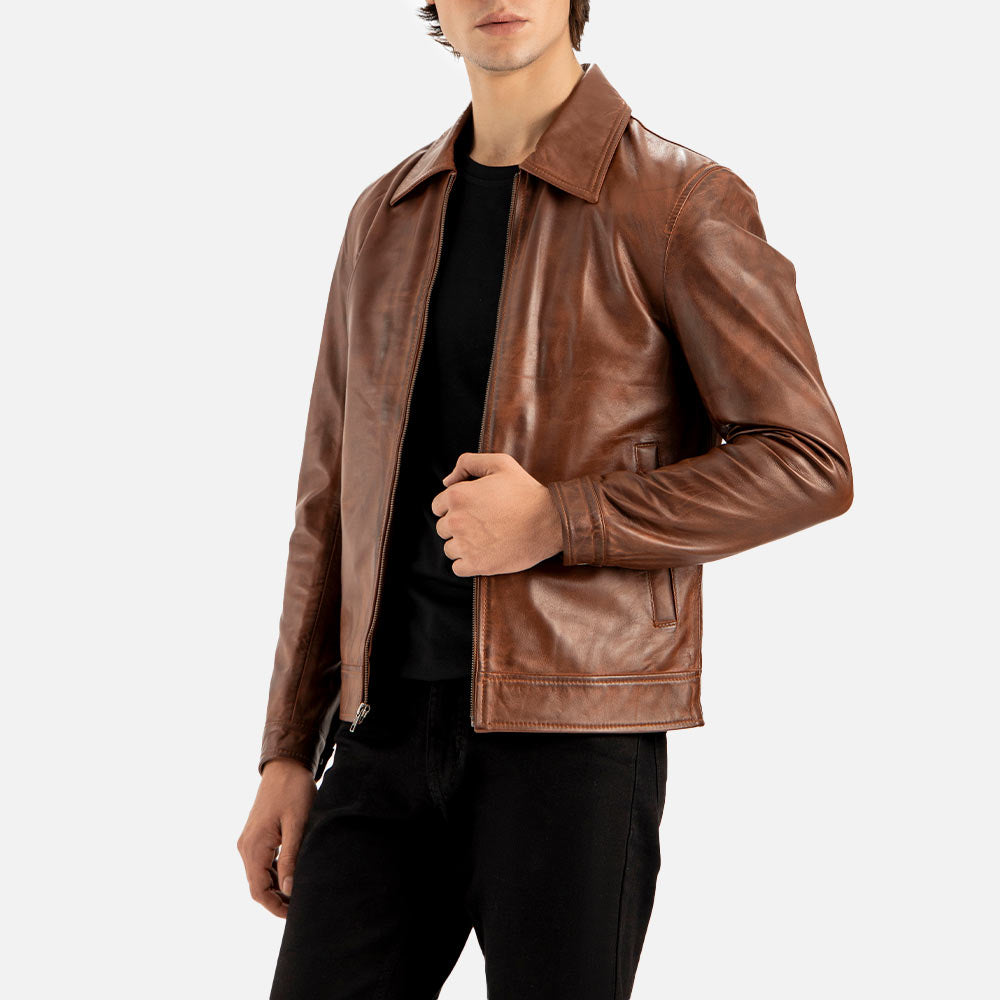
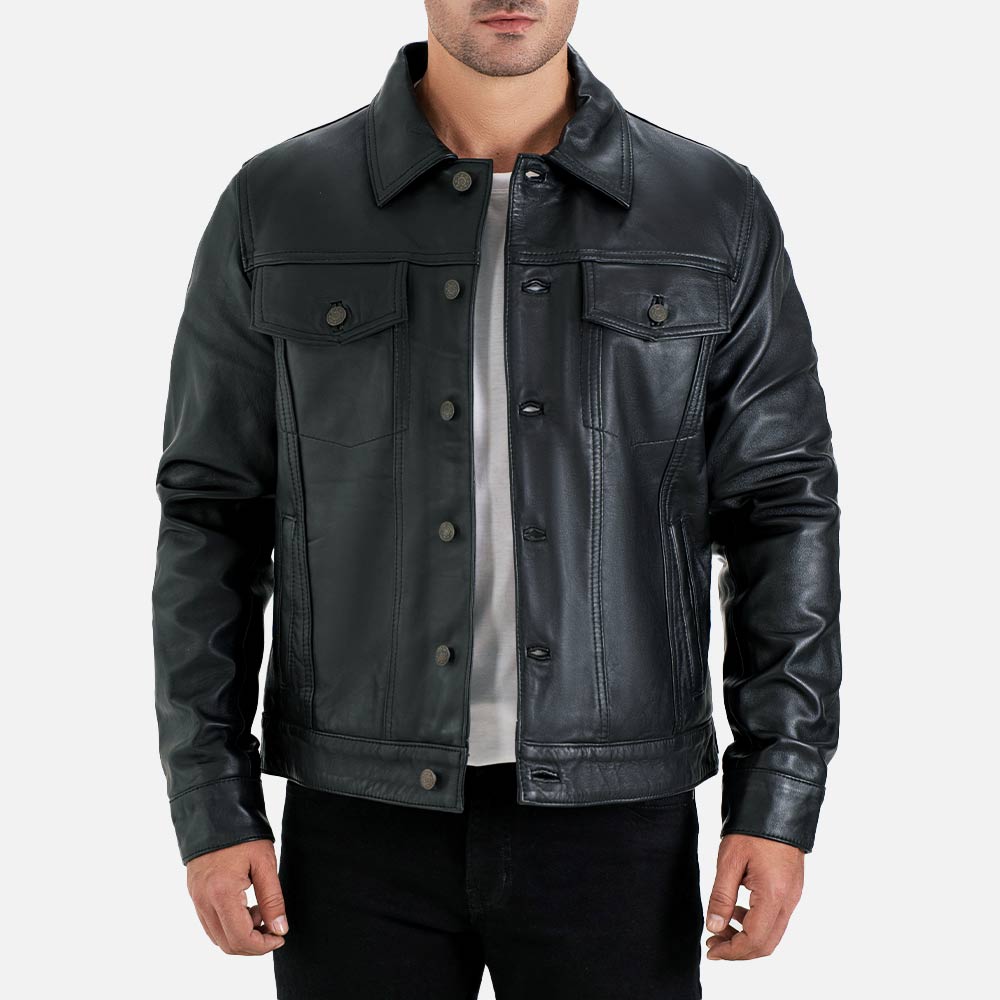
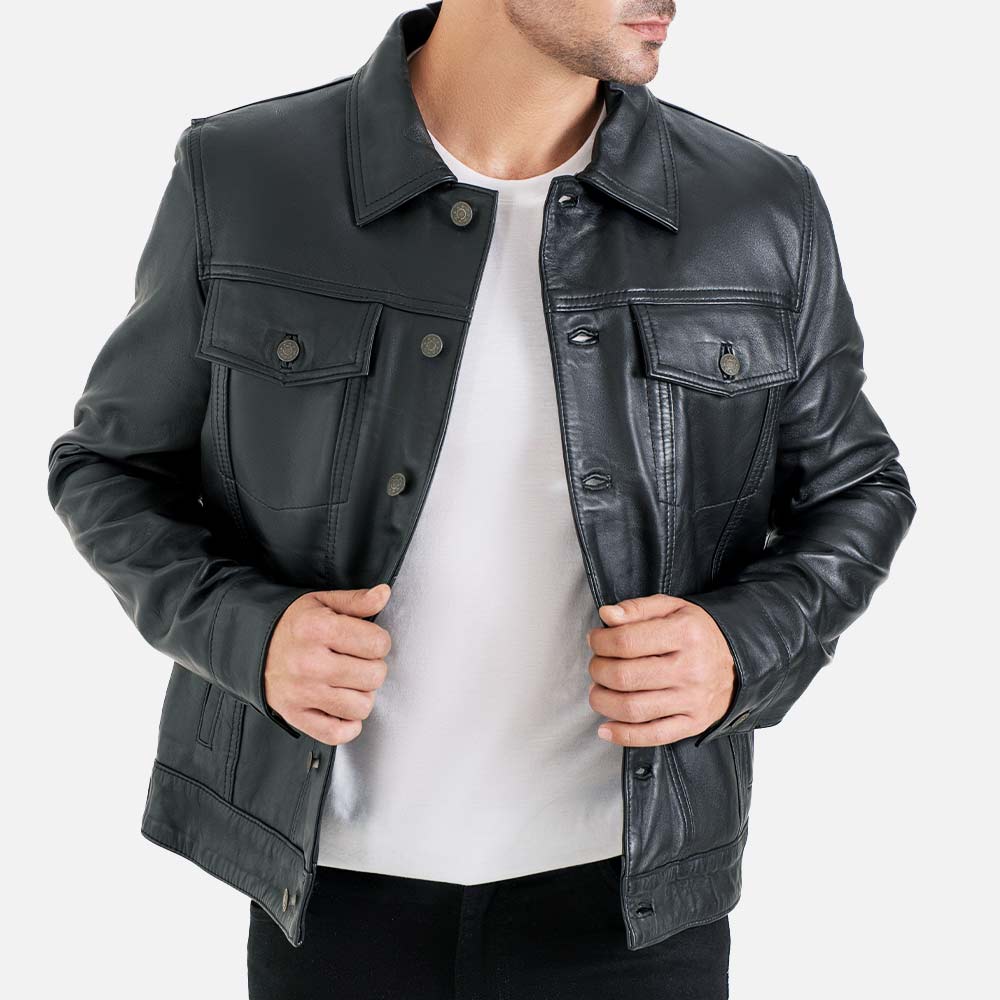
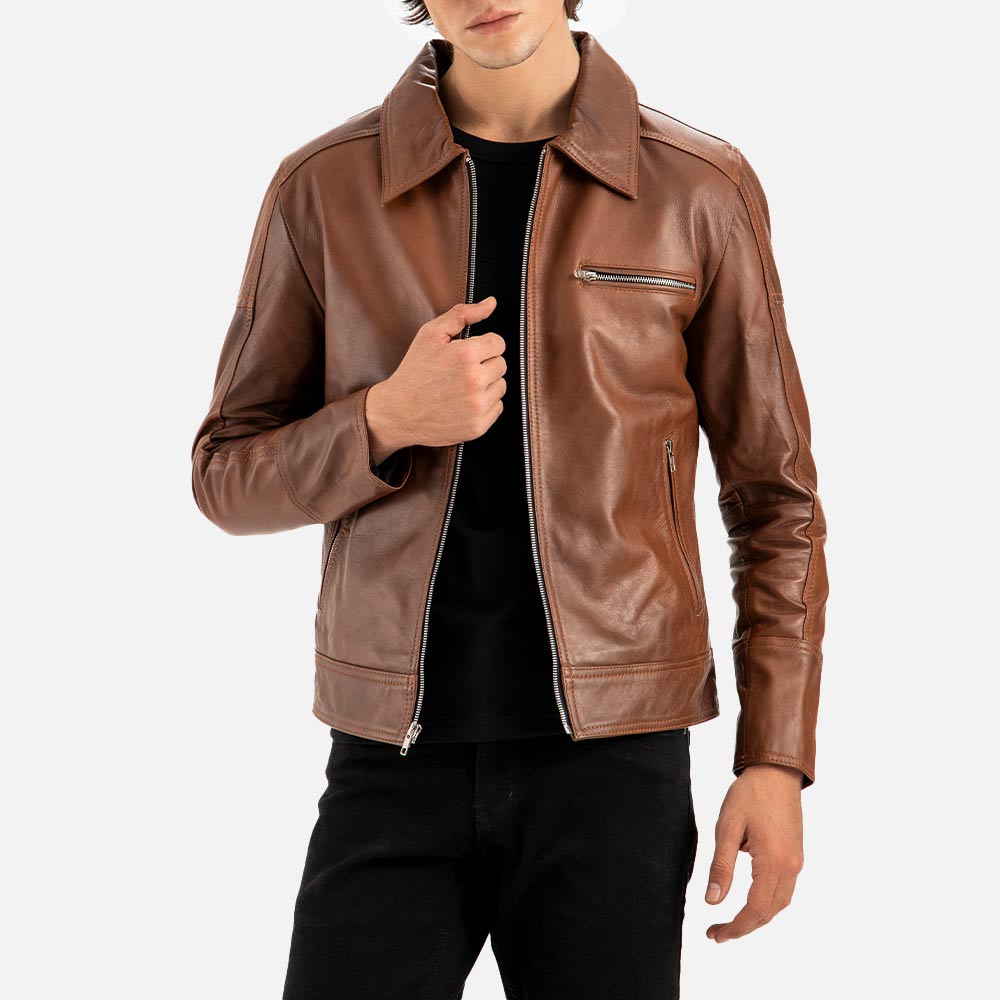
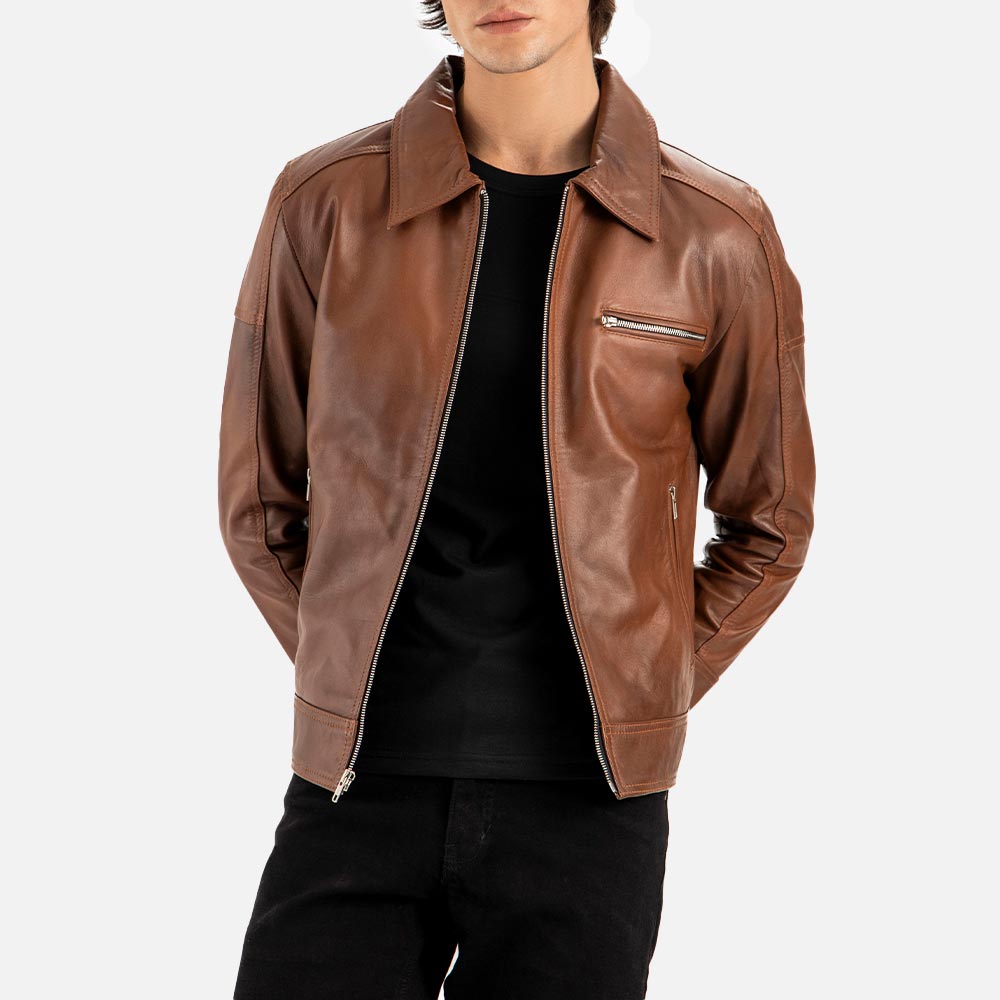
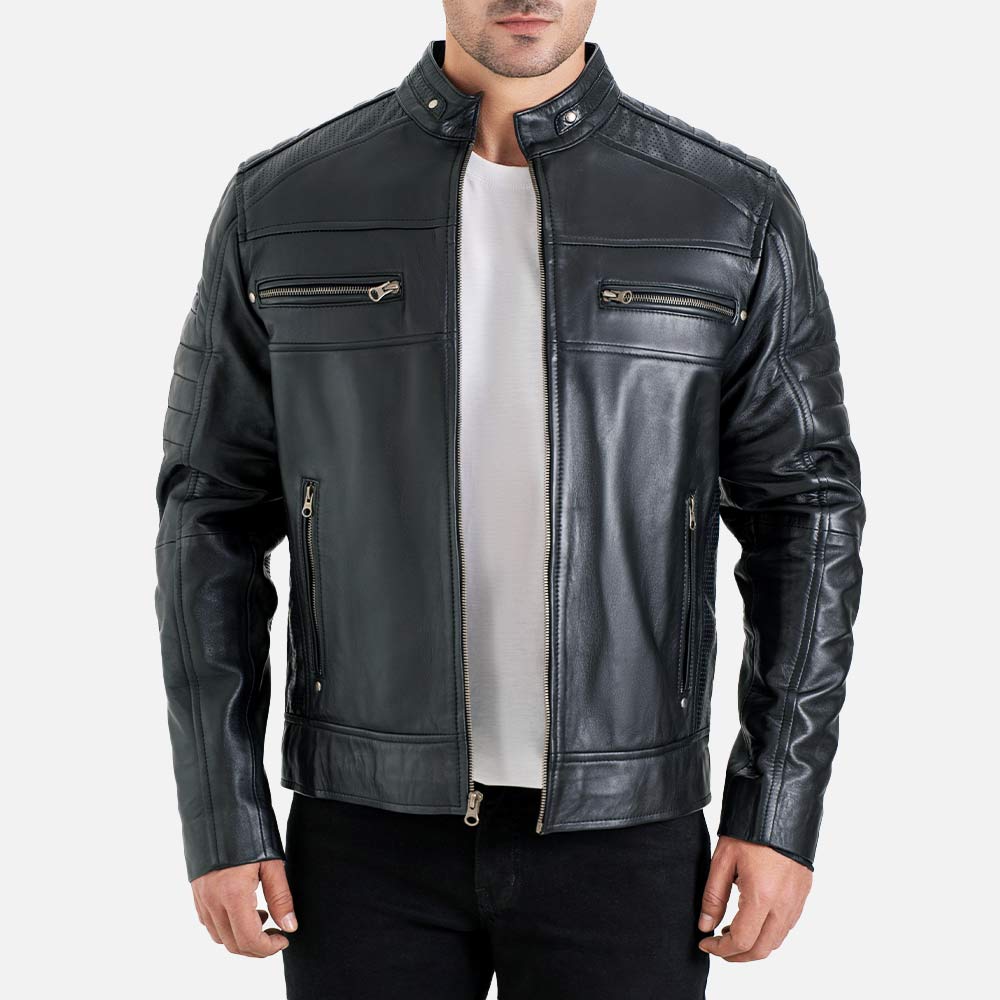
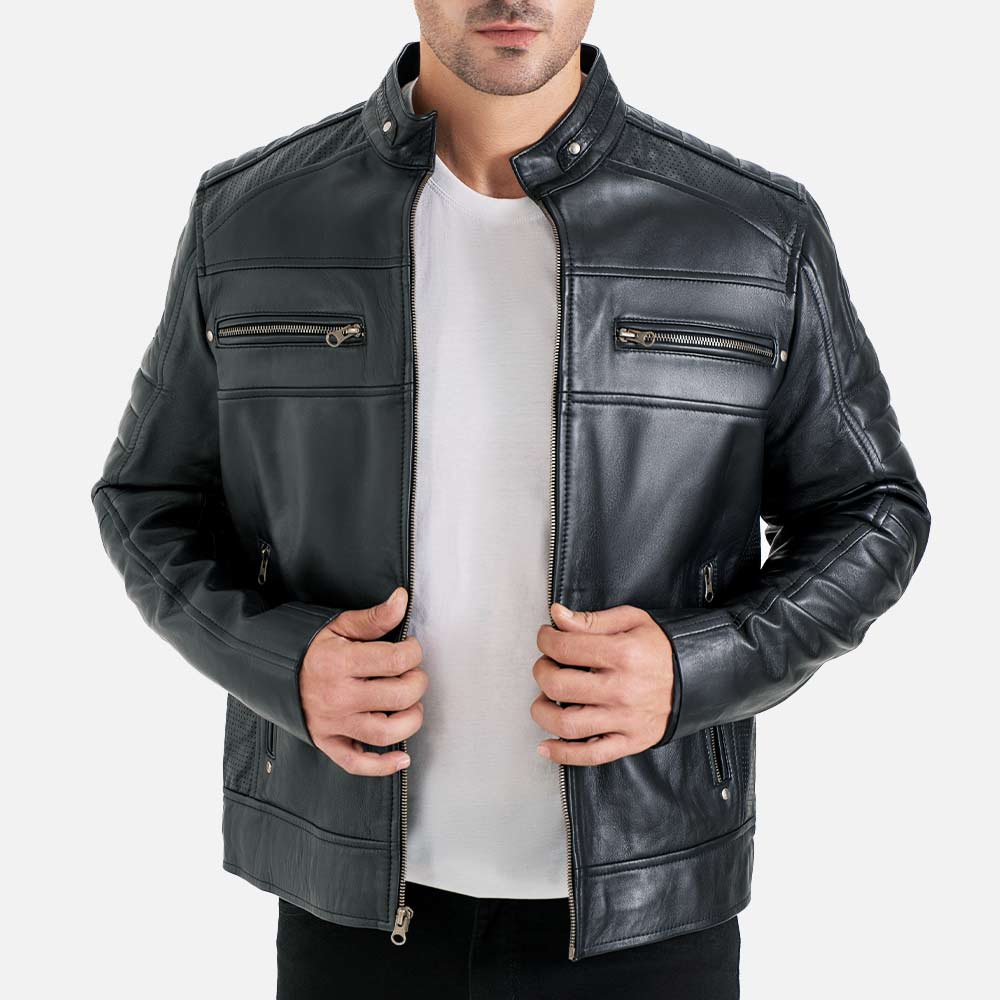
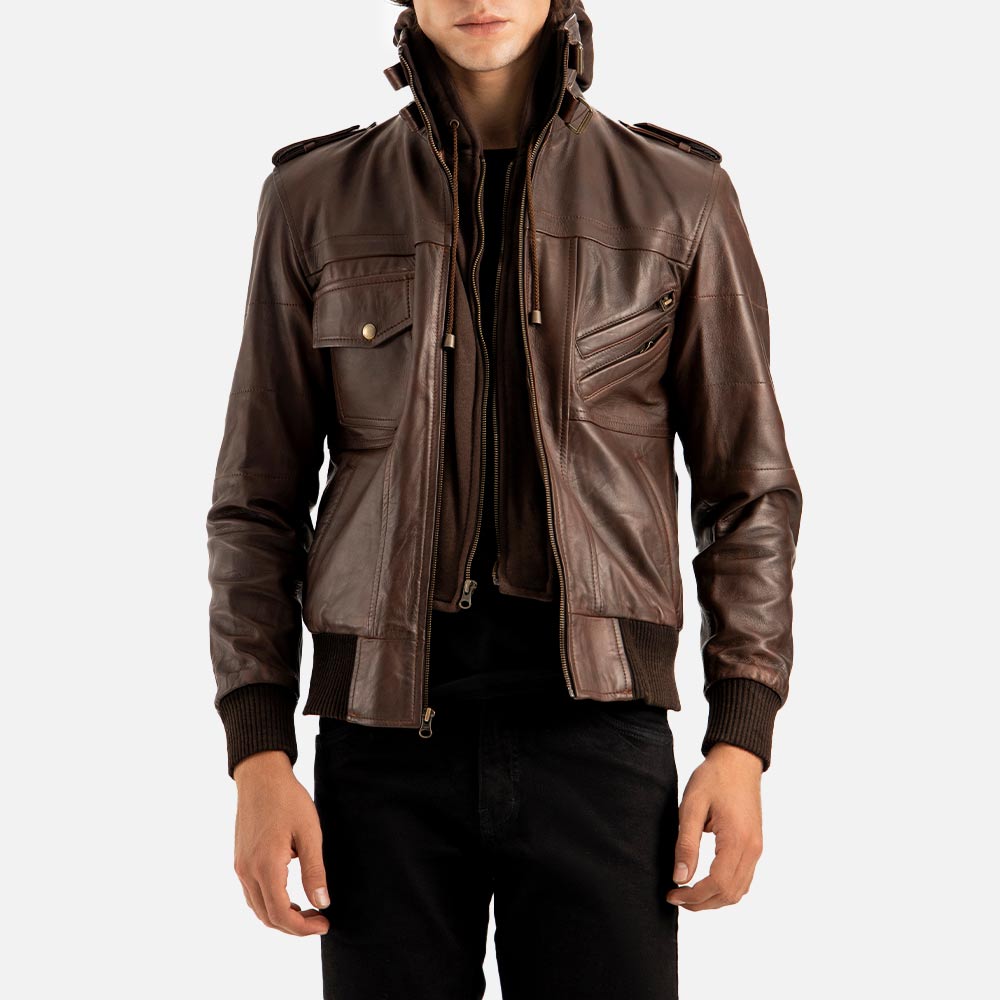
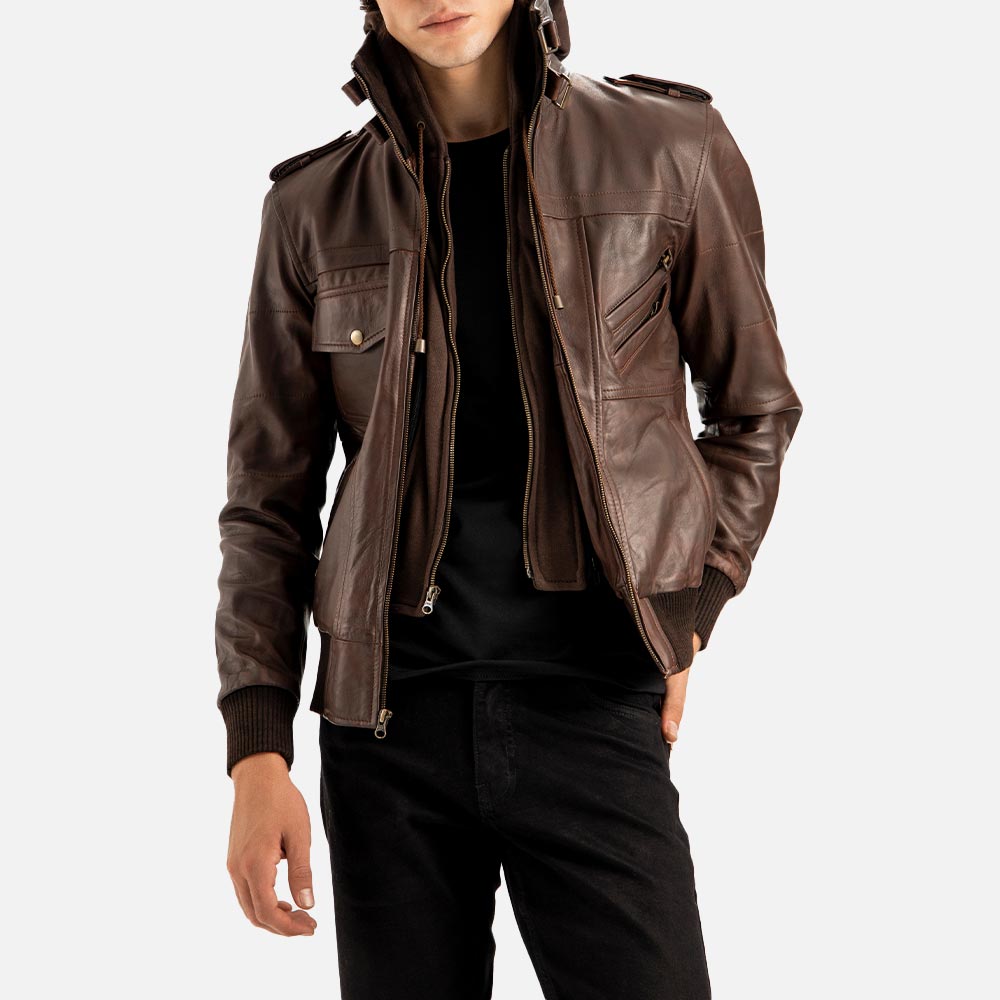
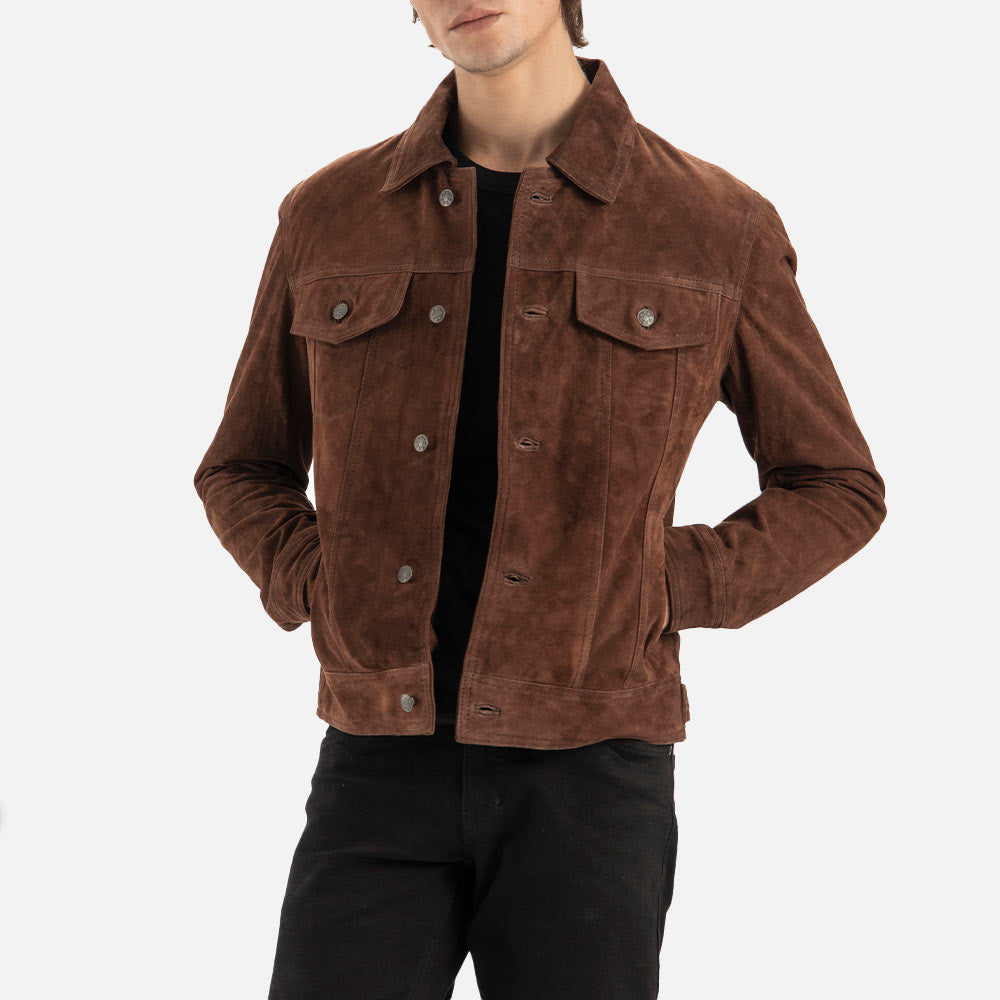
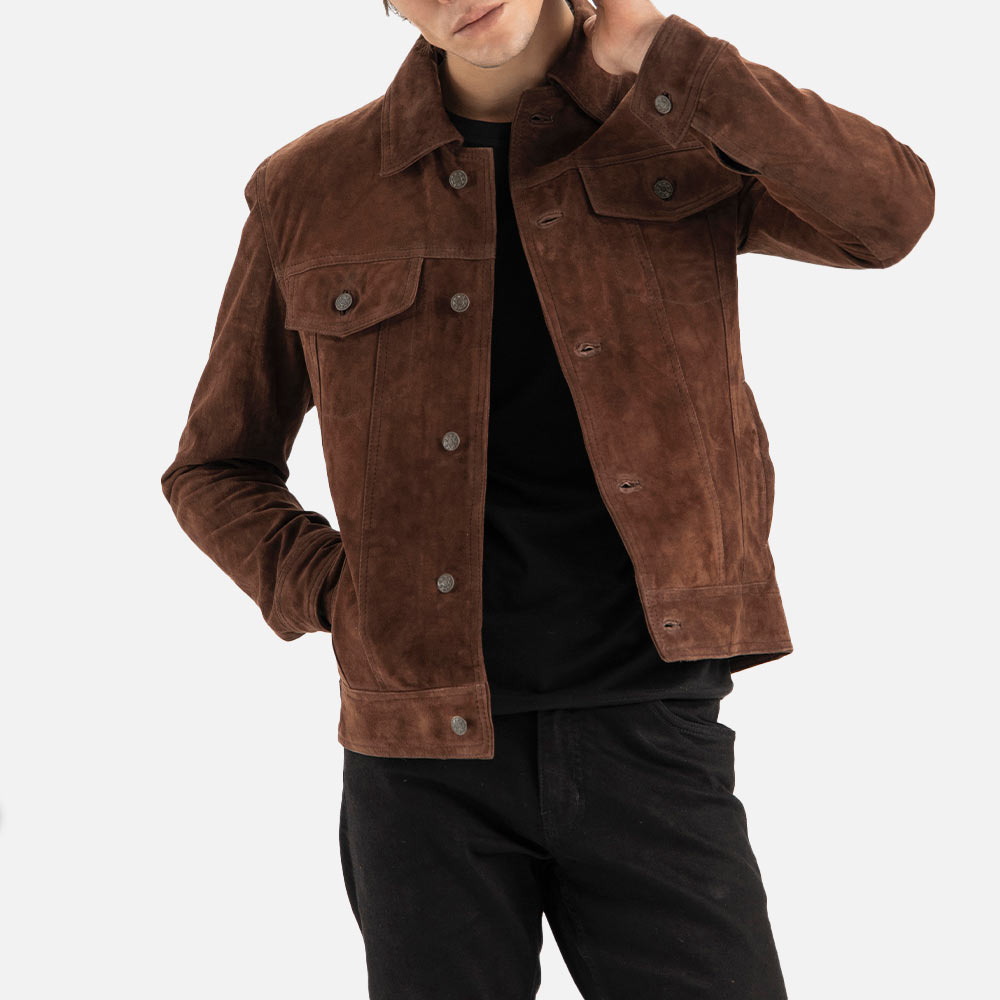
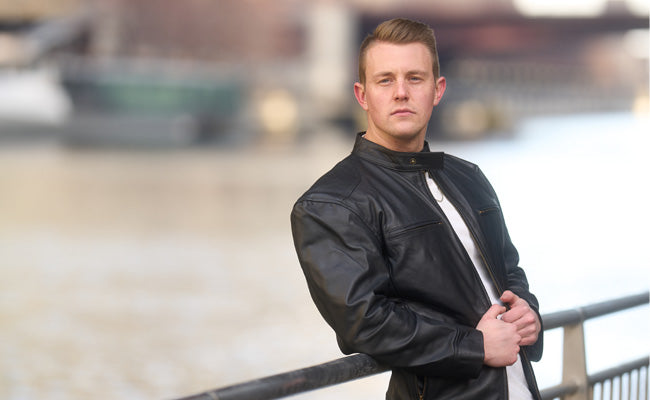

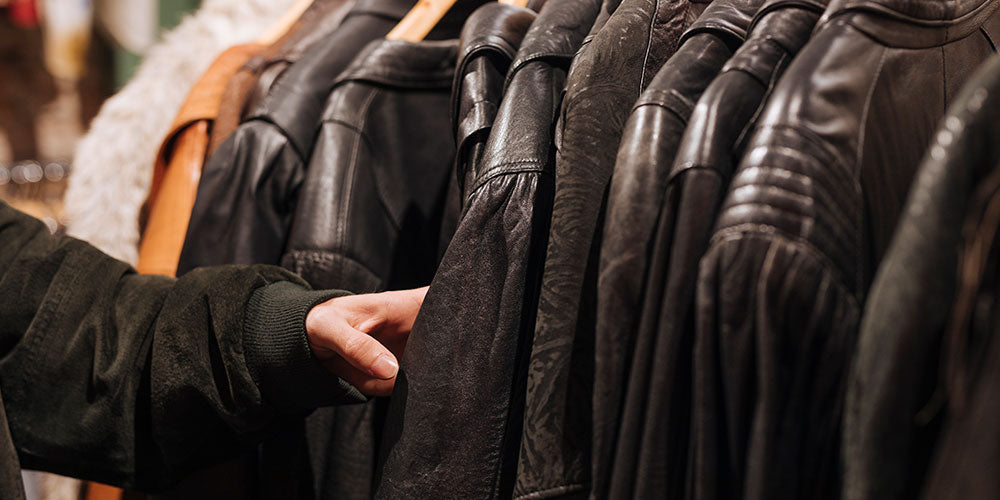


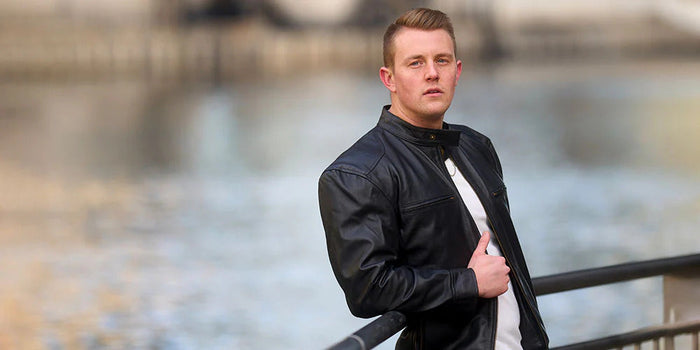
Leave a comment
This site is protected by hCaptcha and the hCaptcha Privacy Policy and Terms of Service apply.